For many cat lovers, the sound of a cat purring makes our hearts skip a beat. Second to meowing, this is the most familiarized sound that a feline makes. We all know that cats will purr when they are content. But did you know that there are many other interesting reasons why cats purr? Here we’ve uncovered for you the meanings behind that sound we cat lovers have come to know and love.
But first, how do cats purr, you might be wondering?
After years of research, it’s strongly hypothesized that your cat has the ability to purr from a sound that’s made as your cat breaths in and out. This causes the muscles in their vocal cords to vibrate.
It’s been discovered that your cat’s purring actually begins in their brain. A rhythmic, repetitive neural oscillator sends messages to the laryngeal muscles. This causes them to twitch at the rate of 25 to 150 vibrations per second (Hz). That causes a sudden separation of the vocal cords, during both inhalation and exhalation – the unique feline vibrato.
Contentment
This one is pretty much a given–cats like to purr when they feel happy! Does your cat like to purr when they are around you? Especially when they are cozied up purrfectly in your lap? Well, that is a telltale sign of contentment powered by love. Think of that powerful purr as a giant smile your feline friend is making across their entire body:
“People will smile when they’re nervous, when they want something, and when they’re happy, so perhaps the purr can also be an appeasing gesture,” veterinarian Kelly Morgan reported to WebMD.
Umm, Excuse Me, But It’s Mealtime!
Have you ever noticed that your cat will purr when it’s feeding time? They are likely to combine these purrs with a meow, catching your attention, and probably rubbing against you. A study conducted in Great Britain revealed that your kitty will purr when they are hungry–mixed with meows to get your attention directed to them–but that the purr will sound different than the one that they will make when they are content. Experts believe that cat owners are more likely to respond to the sound of purring so this is likely why cats started doing it as a means to get what they really want–more food in that bowl, pronto!
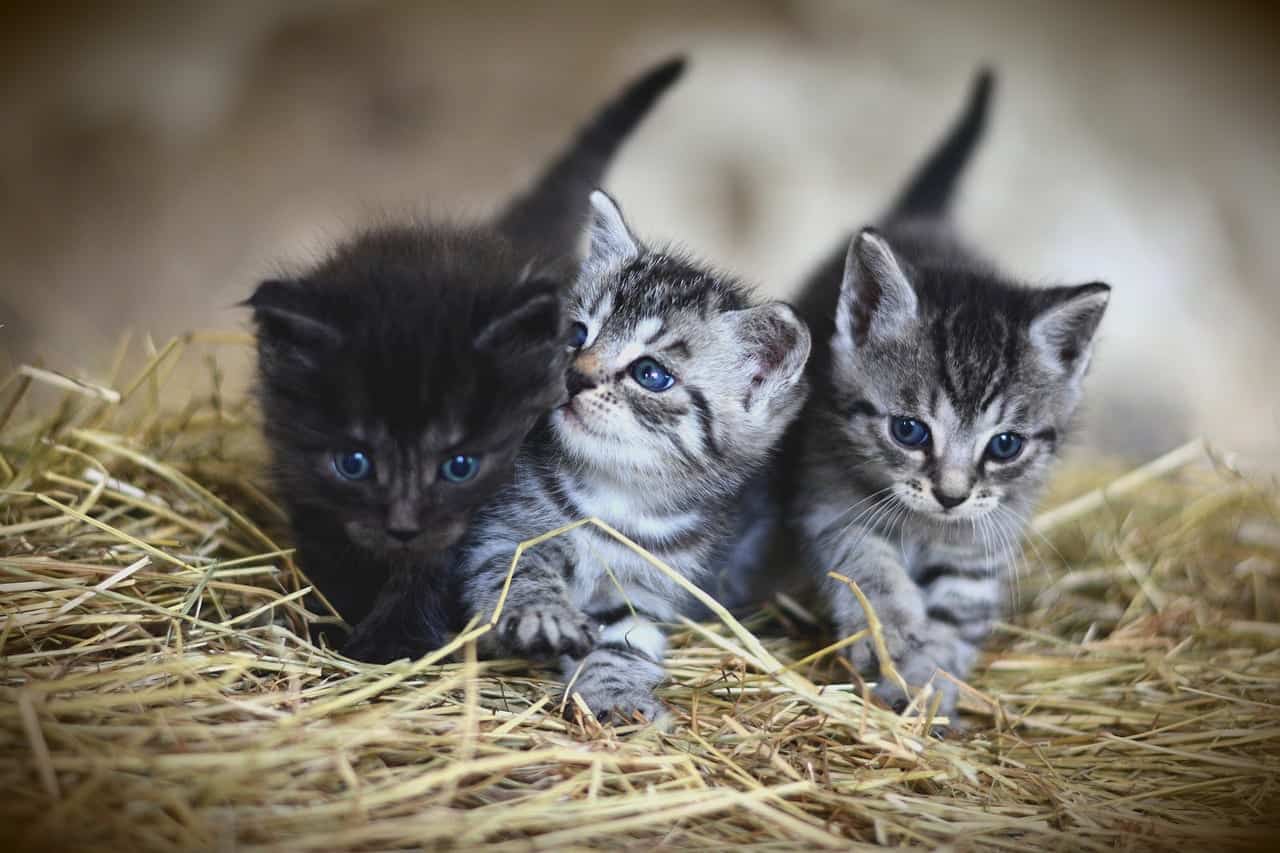
Mama Cat And Kitten Connection
Did you know that a kitten can purr even when it’s just a few days old? Kittens enter the world both blind and deaf, so the vibration of the purr helps them to navigate their way until their senses strengthen and develop. This natural instinct to purr helps them to signal to their mother that they are happy and nearby, and their mama uses their purr to “sing” them a cat concerto lullaby. How is that for bonding?!
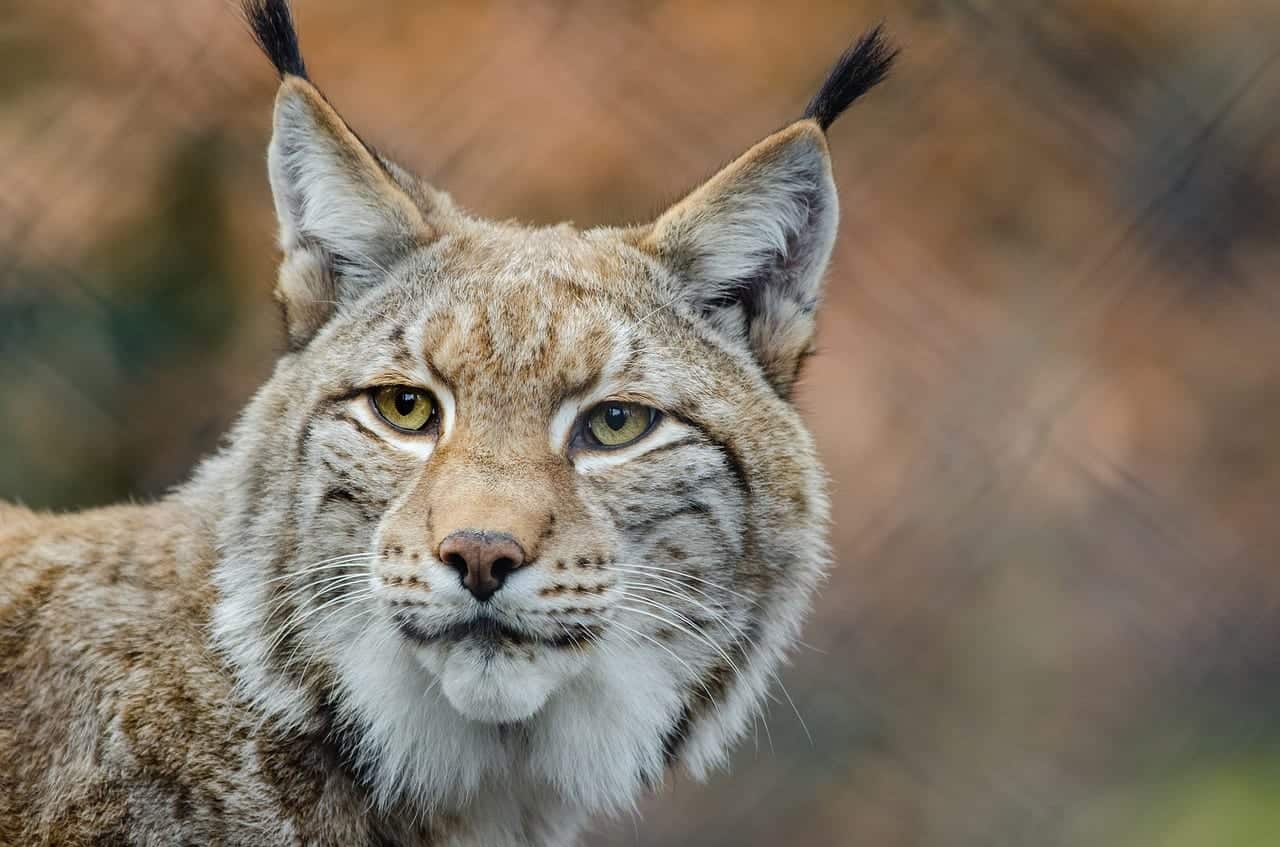
Fun Fact: Did you know that your housecats you keep in your home aren’t the only cats that know how to purr? As it turns out, there are several big cats in the wild that have been known to purr as well! The bobcat, cheetah and Eurasian lynx can also purr.
Interestingly enough, a cat that can purr does not have the ability to roar, and vice versa. This is because the structures surrounding their larynx are not actually stiff enough to produce a purr sound. For a lion or tiger who doesn’t have the ability to purr, they need their powerful roar as a way to help maintain their territory in the wild:
“If you’re a big cat and you have to move around a lot to get prey, loud roaring plays a huge part in maintaining your territory,” says Benjamin L. Hart, DVM, PhD.
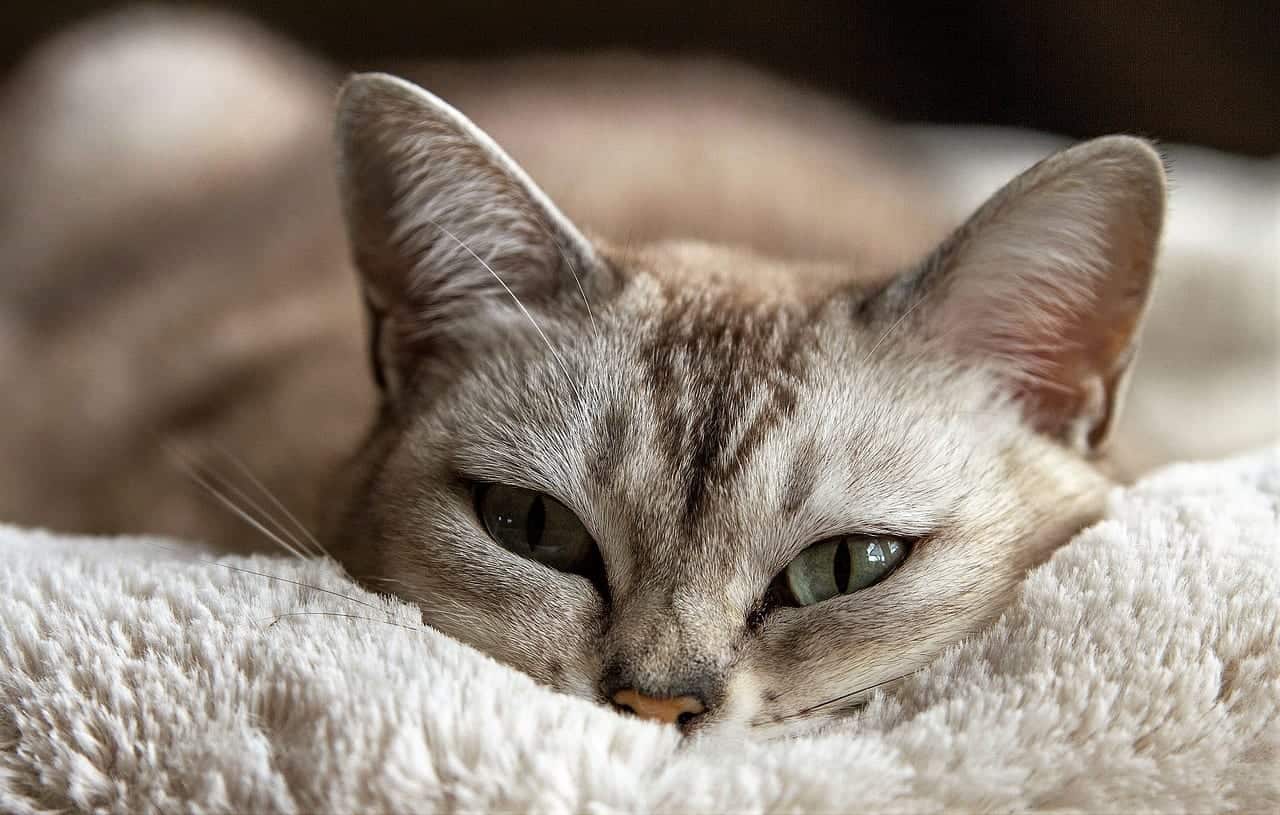
Kitty May Be Entering Wolverine Mode As A Means To Self-Heal
If a cat is injured or in pain, their magical purr can even possibly heal them. When they say that a cat’s purr is powerful, they certainly aren’t kidding! The series of vibrations that is sent through their body when they purr can ease breathing, heal bones and injuries, build muscle, repair tendons, and even serve as a method to relieve pain they are experiencing. A cat’s purr vibrates at 25-150 HZ, which is the same frequency that assists in physical healing with the same benefits that increase bone density. Cat…or Shaman?
Ease Anxiety/Self-Soothe
Sometimes if your cat is stressed or riddled with anxiety, he will purr as a way to “self-soothe” and calm himself down. Have you ever taken your cat to the vet and noticed that your he was suddenly purring, and perhaps you wondered what that was all about? Well, this explains that theory for you! Your stress-relief cat purr is meant to keep your cat calm and comfortable in stressful situations. Ommmm….
A little feline factoid for you: It is a fact that most queen cats will purr during early stages of labor as a way to calm and soothe themselves in preparation for their kittens who will soon enter the world.
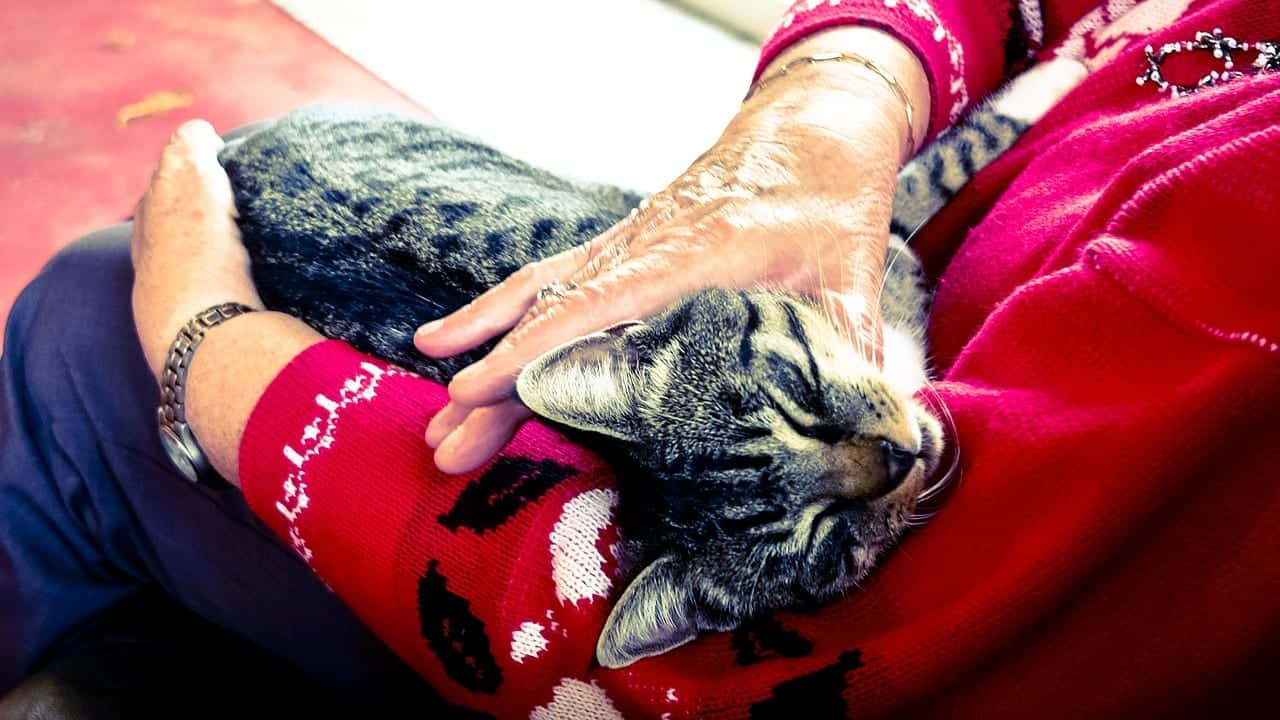


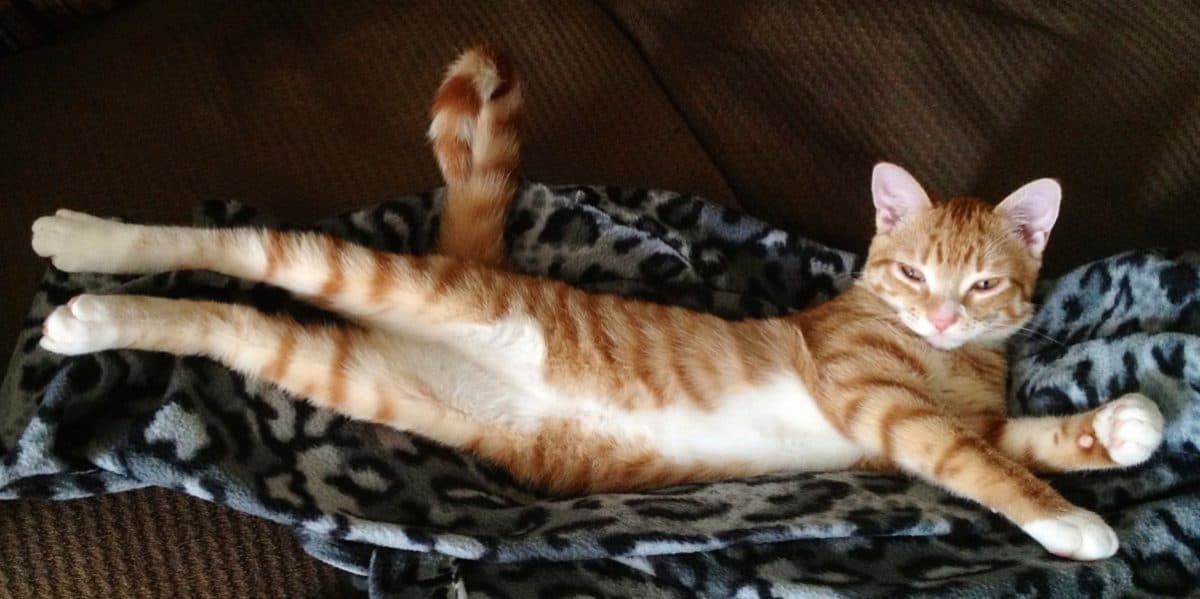
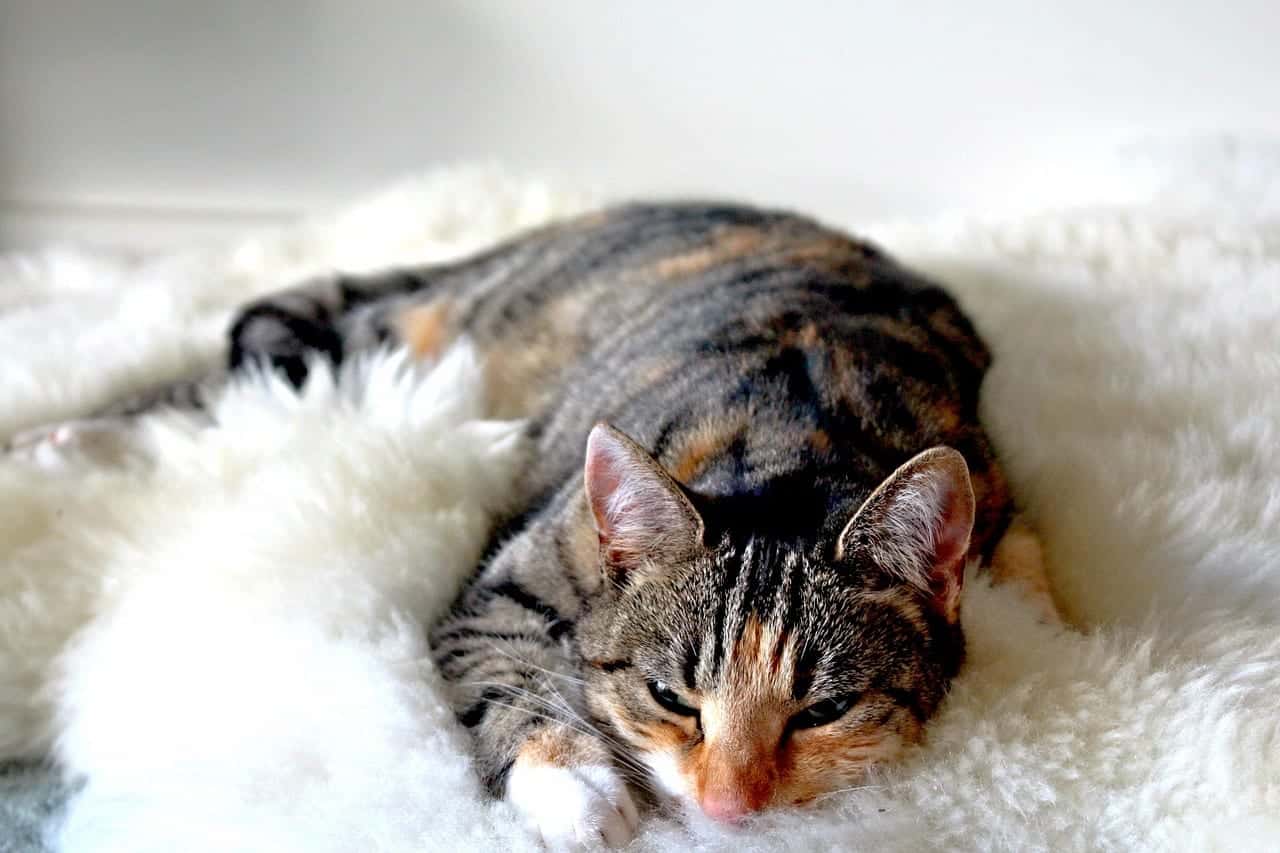

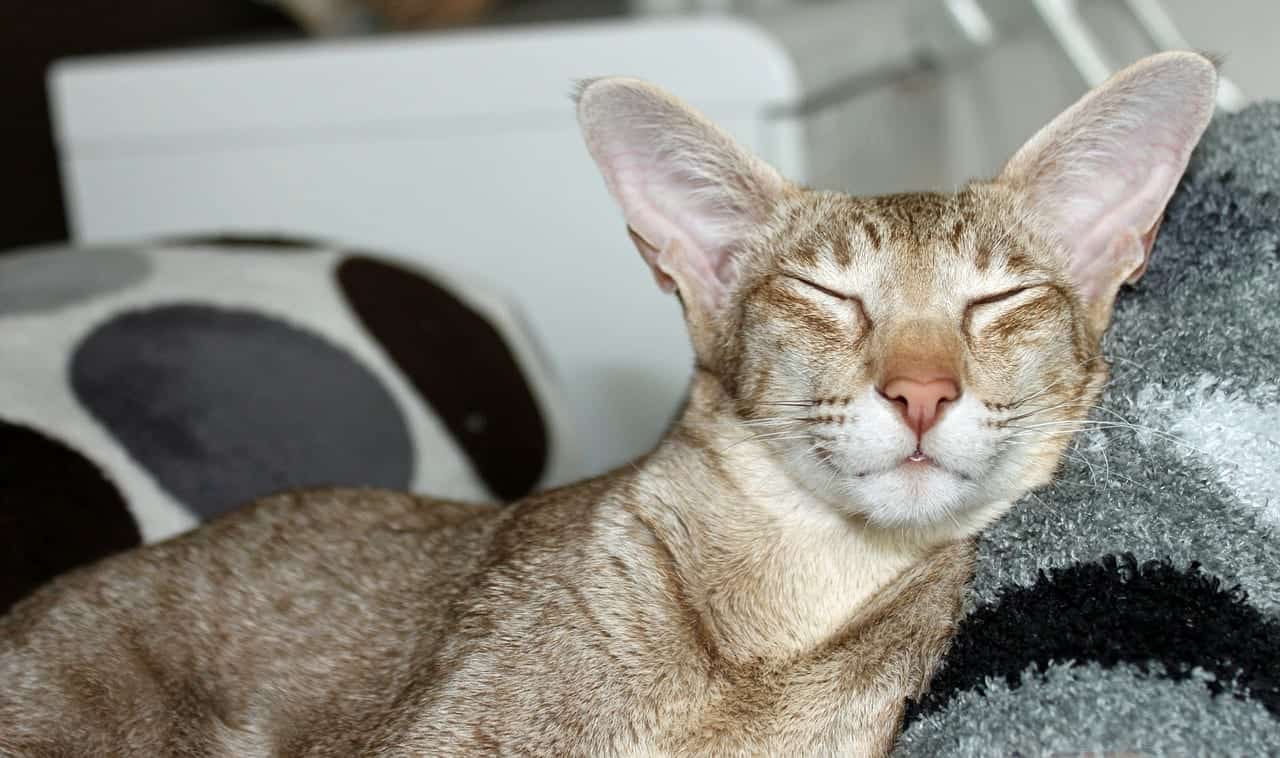
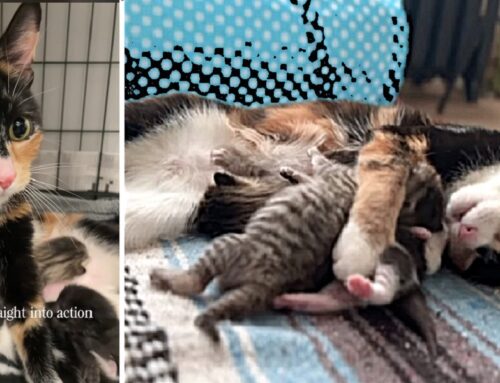
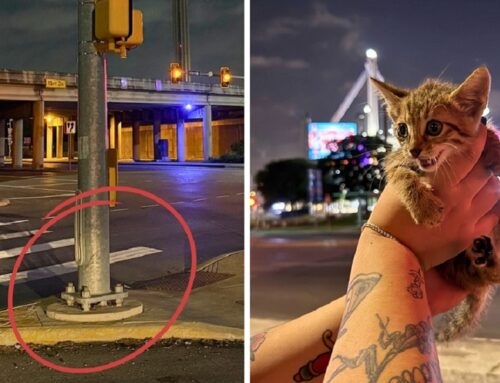
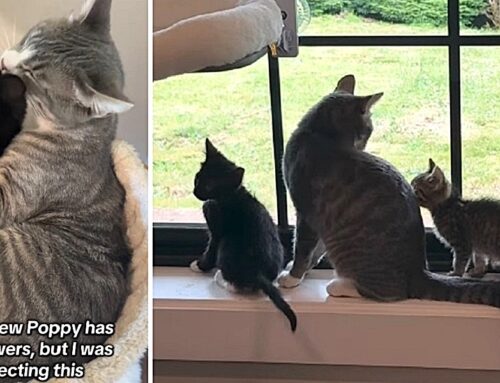
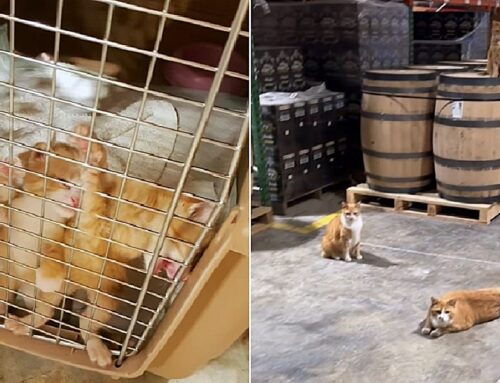
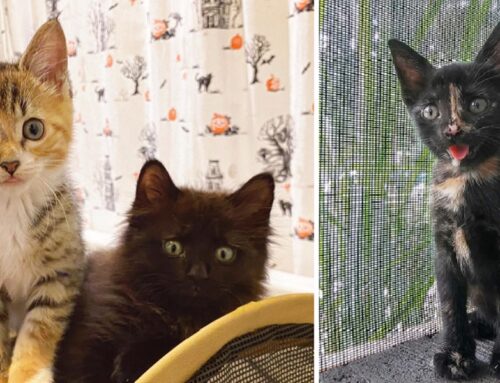


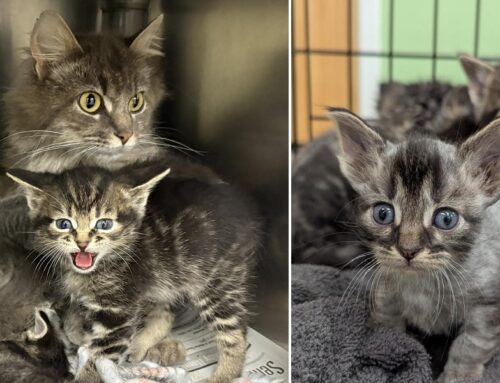
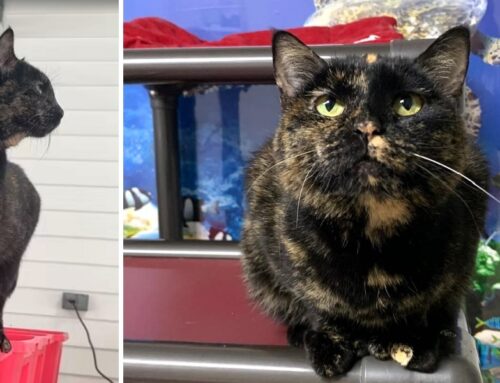
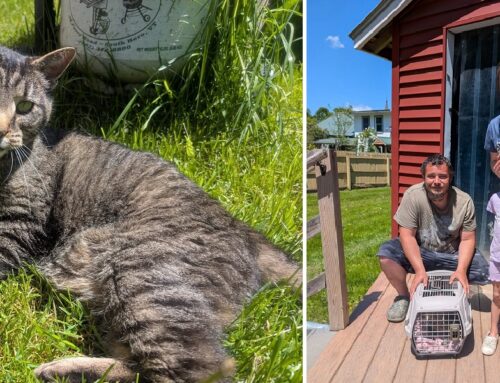
i was there at the birth of my friend’s cat’s kittens. Captain, the orange one, started to purr when he was less than 2 hrs old! (He’d just found out what the nipples were for….) ps Big cats have a hyoid bone…that’s why they roar. Smaller cats have cartilage in the same area…that’s how they can purr…..cheers!
I really appreciate you’re ideas and thoughts on cats and how to care for them etc. And the ideas for homless cats were remarkable thank you!
My cat, Jasmyn, has more than one purring sound. The weirdest one sounds like the trilling sound guinea pigs make. Anyone else have a cat that makes more than one sound?
My black rescue, who looks remarkably like Cole, has not purred since he was eight weeks old. I have tried everything and it has been two years. It saddens my heart. Purring is just so much a life as is a smile.
One of my two cats, Somerhalder —who could be Cole’s twin— was rescued as a little kitten. He purred, played and loved heartily until he was in our home a couple days then something happened and he has not purred since. I miss this and it has been over two years. If anyone knows what I am do -Vet could not help.